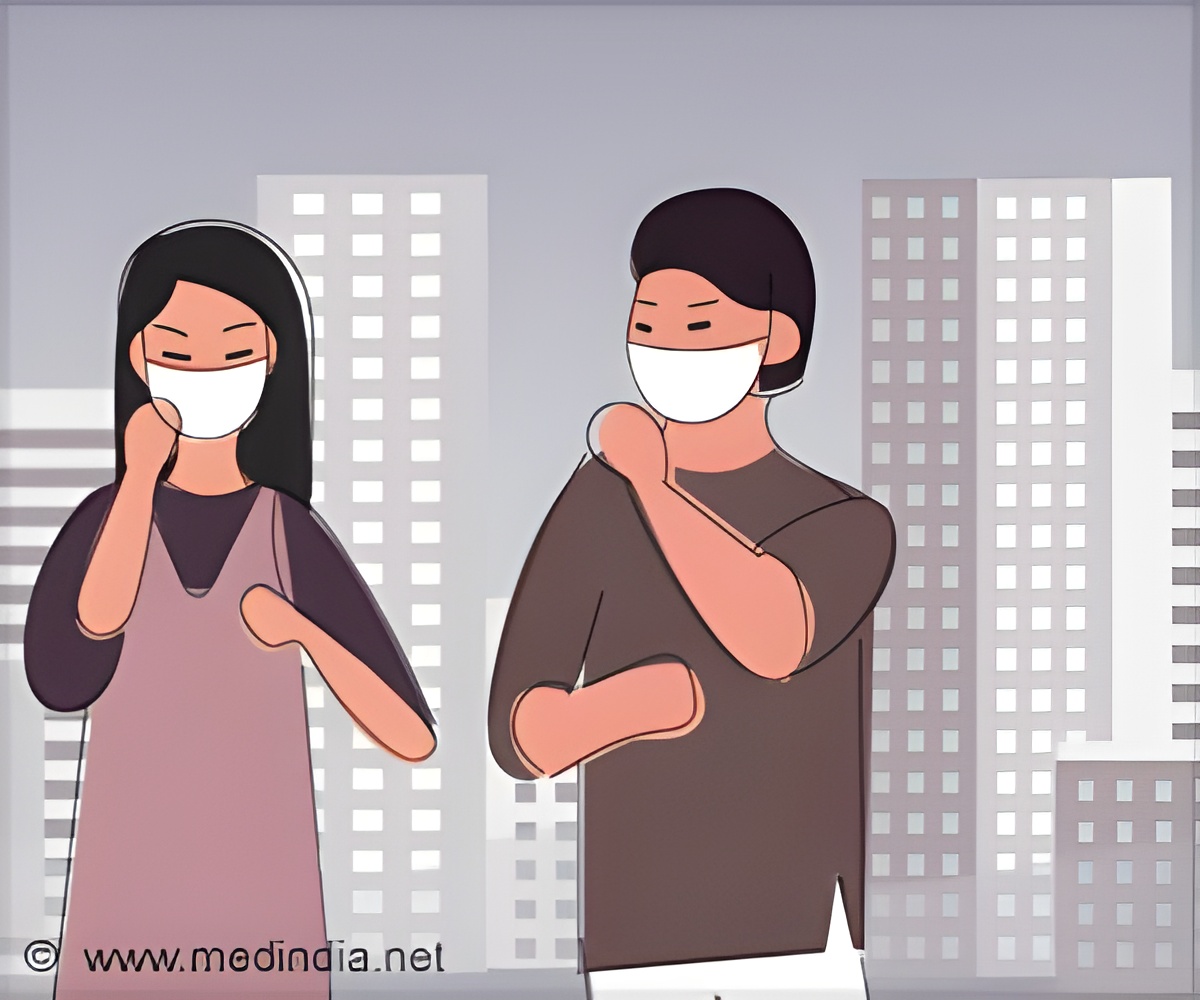Patients who take ACEIs and ARBS may be at increased risk of severe disease outcomes due to SARS-CoV-2 infections.

‘Patients treated with ACEIs and ARBs for heart diseases should not stop taking their medicine but should avoid crowds during the current COVID-19 outbreak to reduce their risks of infection.
’





"Angiotensin-converting enzyme inhibitors (ACEIs) and angiotensin receptor blockers (ARBs) are highly recommended medications for patients with cardiovascular diseases including heart attacks, high blood pressure, diabetes, and chronic kidney disease to name a few," notes Dr. Diaz. "Many of those who develop these diseases are older adults. They have prescribed these medications and take them every day."Research in experimental models has shown an increase in the number of ACE2 receptors in the cardiopulmonary circulation after intravenous infusions of ACE inhibitors.
"Since patients treated with ACEIs and ARBS will have increased numbers of ACE2 receptors in their lungs for coronavirus S proteins to bind to, they may be at increased risk of severe disease outcomes due to SARS-CoV-2infections," explains Diaz.
Diaz writes, this hypothesis is supported by a recent descriptive analysis of 1,099 patients with laboratory-confirmed COVID-19 infections treated in China during the reporting period, December 11, 2019, to January 29, 2020. This study reported more severe disease outcomes in patients with hypertension, coronary artery disease, diabetes, and chronic renal disease. All patients with the diagnoses noted met the recommended indications for treatment with ACEIs or ARBs. Diaz says that two mechanisms may protect children from COVID-19 infections -- cross-protective antibodies from multiple upper respiratory tract infections caused by the common cold-causing alpha coronaviruses, and fewer ACE2 receptors in their lower respiratory tracts to attract the binding S proteins of the beta coronaviruses.
He recommends future case-control studies in patients with COVID-19 infections to further confirm chronic therapy with ACEIs or ARBs may raise the risk for severe outcomes.
Advertisement
Source-Eurekalert















